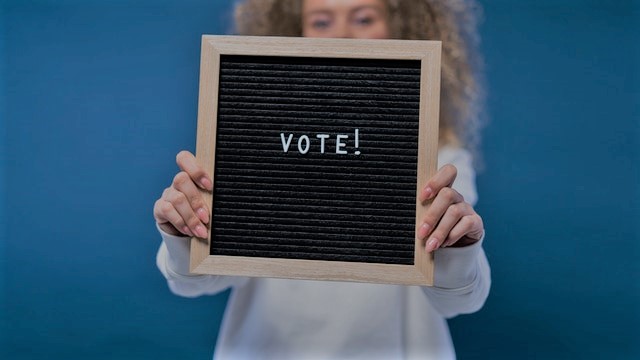
The notion of democracy and democratic institutions keep on changing from time to time. From the era of ancient Greeks till today, democratic institutions keeps on reshaping in terms of governance and public service. In the beginning, the formation of democratic institutions was not as complex as it is today. We are living in complex situations nowadays, where we are facing a lot of challenges. But our needs gradually reshape the structure of the institutions, which can be political or social at the same time.
What is Democracy?
Although it would be unwise to suppose that modern conceptions of democracy were generally arrived at by close discussion and debate of the most influentials of the society. But the concept has been made by people who were well aware of the history of democracy and of the evolution of political institutions.
The most original proposals are generally accepted as the work of political scientists, beginning with John Dewey (1859-1952), who was considered a pioneering theorist of democracy. Dewey’s definitions, summarized in Democracy as a Cult of Individual Rights (1941), are in the following form:Democracy—the most basic form of human association, including political associations.
Who Can Vote?
After the American Revolution, elections in the United States fell into two basic categories: the national government and the states. In general, the nation-state, which included the Northern states, required a man to own property and to be an adult to vote in national elections; the states generally required a man to be a property owner (or a head of household) and to be at least twenty years of age, or to be over sixty, to vote in their state elections. Throughout much of the 19th century, many states effectively excluded women from the franchise—in some cases because men refused to count them as “male” voters and in others, as well as some counties in others because they did not grant suffrage.
Who Gets Represented?
The origins of representative democracy are broadly debated, but the dominant view today is that it arose in response to a number of interconnected social and political trends in early modern Europe. The first was the erosion of tribal authority after the Thirty Years War, the first major war in Europe’s history that had not been fought between different Greek city-states. The second was the emergence of large organizations, like religious institutions and modern states, in which no clear social hierarchy prevailed. A third change, well underway by the time of the French Revolution, was the steady growth of an aristocratic class, which demanded representation in governing bodies to which no small class of non-aristocrats could aspire.
Modern-Day Examples of Democracy
The contemporary resurgence of direct democracy in various forms, in the United States and beyond, reminds us that the decline of the nation-state has not brought about a new departure in the political lives of its citizens, and has not fundamentally altered the nature of political relationships between citizens and officials—even when the size of the electorate has grown dramatically. Instead, we have undergone a profound change in political life that concerns this crucial political question. Thus, for example, if a referendum held today on whether the City Council should spend its money on (b) a homeless shelter, or (c) the repaving of one street in the city.
Democracy and elite politics
Earlier in time was the rise of a “special interest” group—the wealthy citizens of the nation-state who thought they deserved special treatment. These citizens received the name of “elites,” or “the rich.” Many of the great questions that confront democracy today have arisen. Because the democratic-representative institutions that have replaced direct democracy in large national and international associations have also eliminated the institutions that enabled direct democracy at the local level.
American elections have come to be dominated by a small group of wealthy and very well-connected elites. Since the late 1970s, both parties have been made up of this same elite group.
Democratic benefits to the masses
Democracy and democratic institutions are beneficial for the masses in many ways. The modern world has bestowed the government with a monopoly on the legitimate use of power. The case for such a monopoly rests on the strength of political institutions that a free and trusting public is likely to trust. In contrast, democratic institutions are vulnerable to corruption and unbridled power, not least because of the temptations of political bribery. No one doubts that bribery, often in the form of contributions, has always been part of politics. However, the historical record shows that, for the most part, “soft” forms of bribery, such as campaign contributions, have never been a serious problem in democracies, and the good of the whole has generally been more important to the democracies than was the well-being of any particular constituent.
Conclusion
The relationship of democracy and democratic institutions has been elaborated well in the above argument. It will not be wrong to say that democratic institutions play vital role for the betterment of the citizen of the state. Vibrant democracy ensures more security to the citizen of the state. On the other hands, if democary is not in full swing, democratic institutions will not perform in better way. This situation will effect the functionality of any vibrant state.




Pingback: History of Libraries in Ancient Times: How Libraries Were Used In The Early Ages - Kitab Center
Pingback: The Functions of Political Parties in Today's Society - Siasi Yateem
Pingback: Democracy in Modern Society: What Does it Mean, and How Does it Work? - Siasi Yateem
Pingback: Challenges to Good Governance in Developing Countries: The Complexity of Transforming Politics - Siasi Yateem